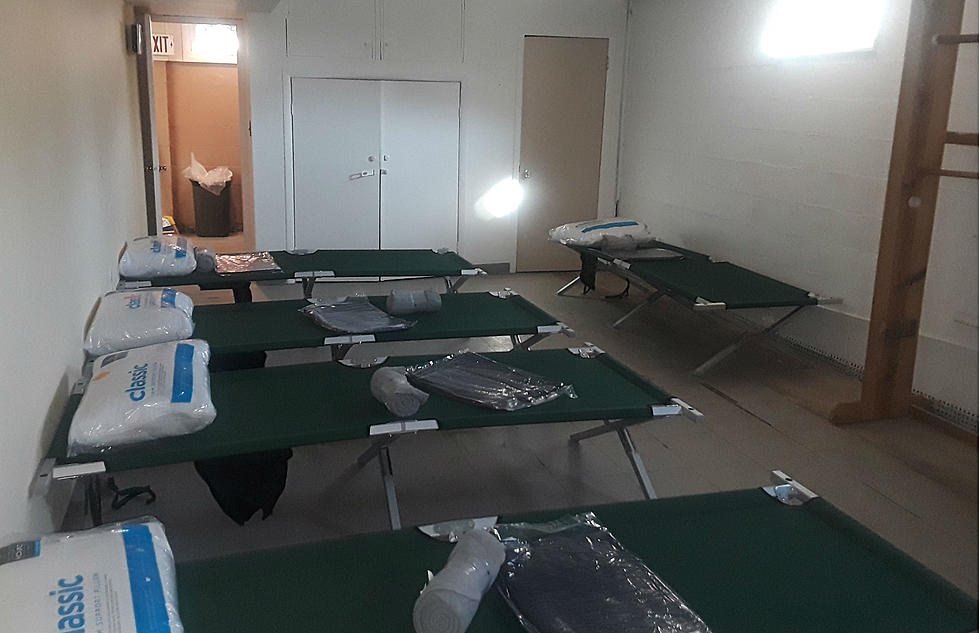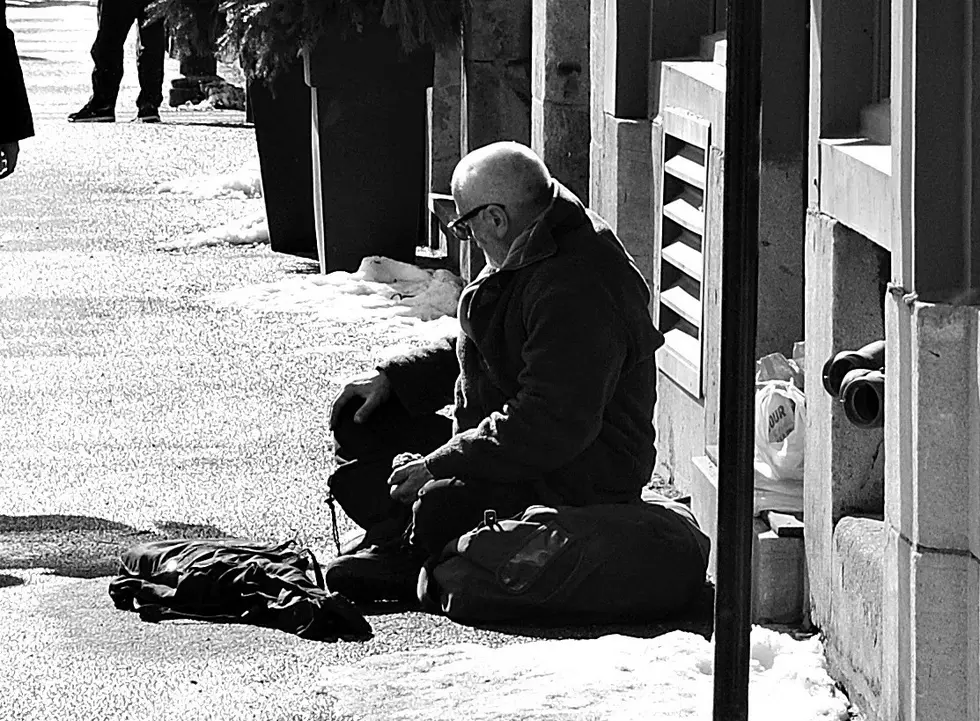![Shelters Hope to Save NJ’s Homeless This Winter [AUDIO]](http://townsquare.media/site/394/files/2012/08/homeless1.jpg?w=980&q=75)
Shelters Hope to Save NJ’s Homeless This Winter [AUDIO]
Cold temperatures and powdery snow are signs of the approaching holiday season for many, but those winter trademarks signify a struggle for survival among New Jersey's homeless population.
The federal Department of Housing and Urban Development reports that the Garden State currently counts 12,000 homeless individuals in its population, and hypothermia is the main concern when the mercury drops.
It's not just people sleeping on public benches who are susceptible, according to Tom Davidson, director of development at the Atlantic City Rescue Mission. Those at risk for hypothermia include anyone spending the night in their car, or in a home without heat.
Like other rescue shelters across the state, the mission sees its largest occupancy between November and February, trying not to refuse anyone who comes in.
"We can always squeeze one more in, we find a way to do it," said Davidson. "A lot of it, depending on the night, we may fill up our beds and use our dining hall."
The picture of homelessness in New Jersey has never been subject to a black-and-white definition. With the recession, people who lost their jobs are still finding themselves in a state of housing instability, and there are various other factors at play as well.
"We have moms and children who are in domestic violence situations, and we see seniors who may have lost a spouse or a secondary income," said Davidson.
Atlantic County has policies in place, as do many other New Jersey counties and municipalities, not to allow people to sleep outside during freezing temperatures. Davidson said police will direct individuals to their facility, and the mission will often go out into the community to find people before it gets too late.
"We try to take water out to people, we try to bring in people to get them warmed up at the very least." said Davidson.
Beyond the immediate physical dangers of the cold, Davidson reminds us that the holiday season often carries added emotional pain for homeless individuals.
"This is the point where people that are homeless tend to grieve about the things that they lost, and the loved ones they are not connected to anymore," said Davidson.
More From 92.7 WOBM










